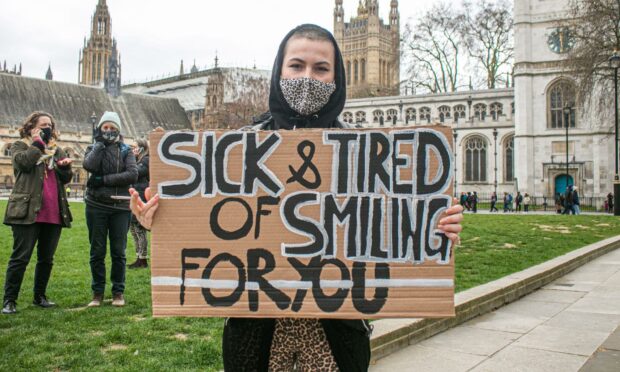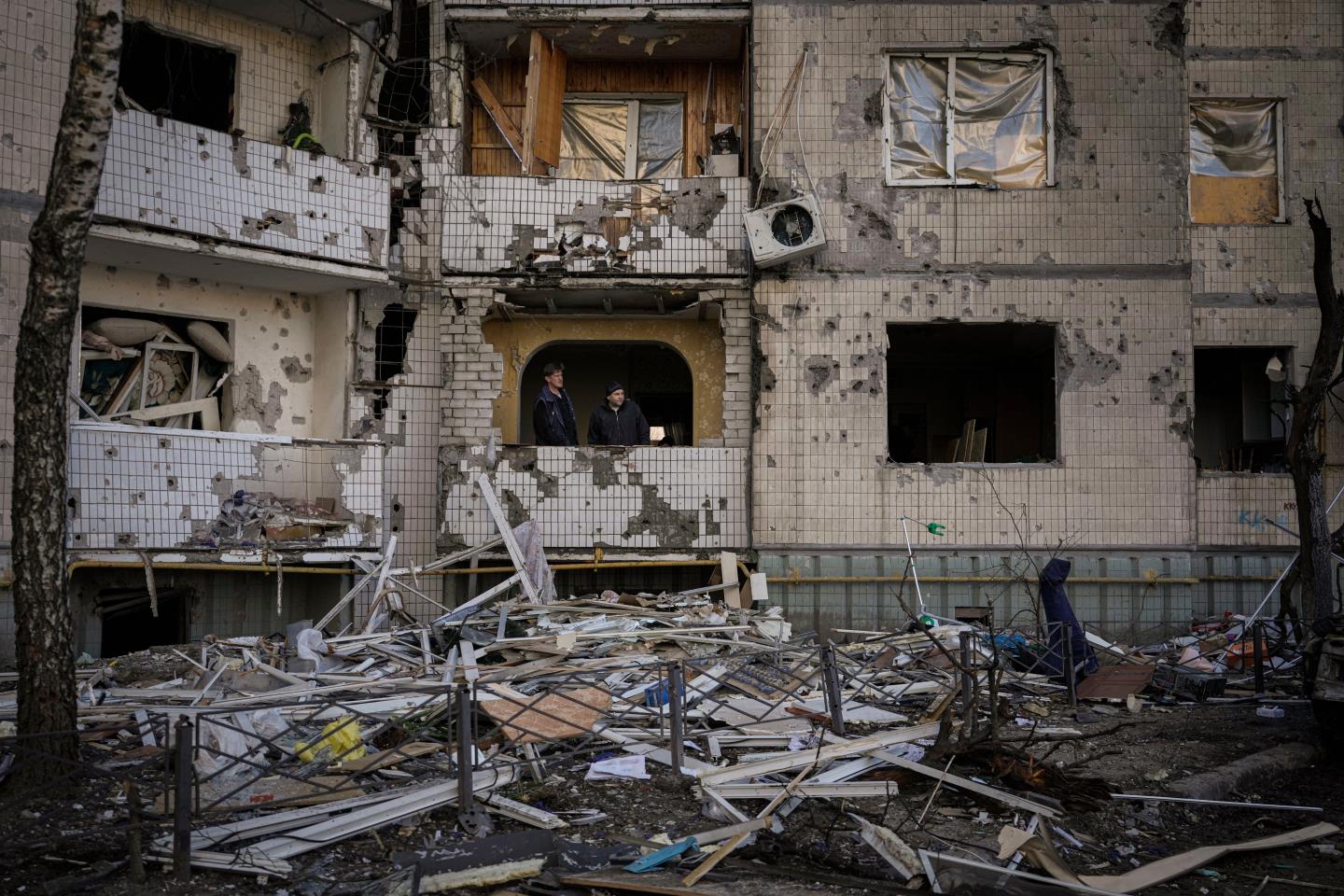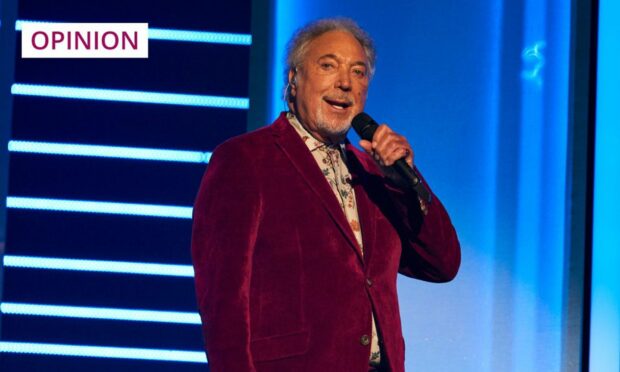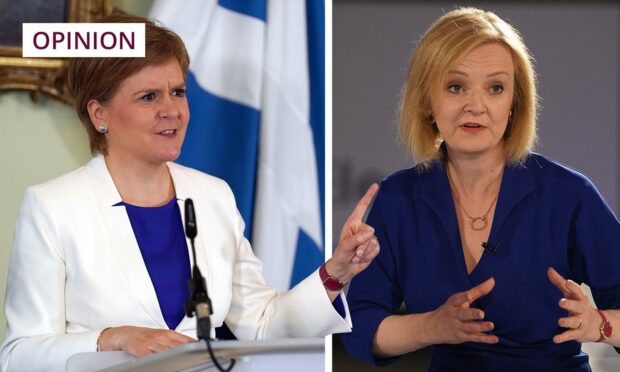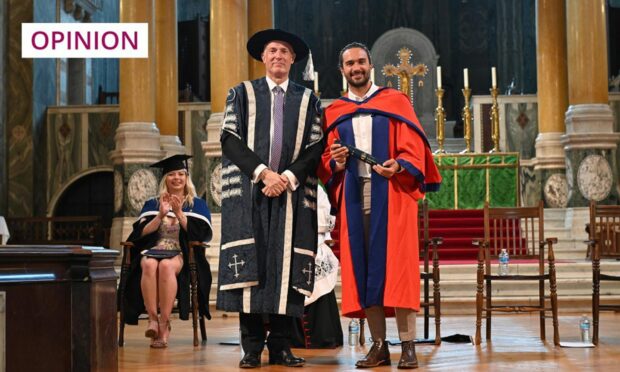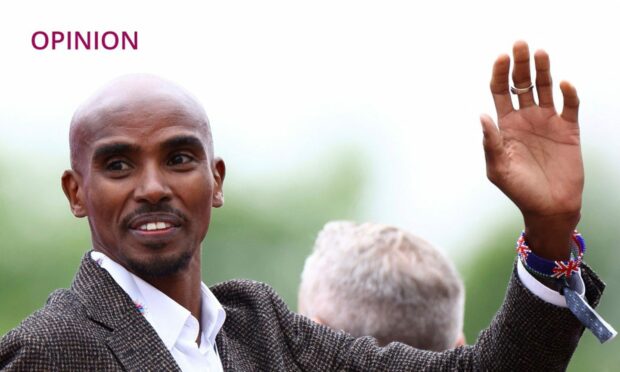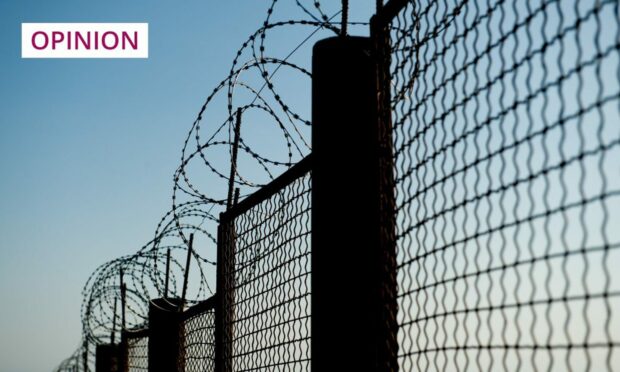It used to be that politicians worried about being tripped up by questions they could not answer.
The exact numbers of homeless people, maybe, or this decade’s percentage increase on social security spend. When interrogated, their apparent authority usually outweighed their accuracy, but at least they knew the importance of an actual answer. Who knew that, by 2022, the question that would silence politicians into terrified submission would be: “What is a woman?”

Last week, Conservative MP Jamie Wallis bravely came out as transgender, prompting Boris Johnson to backtrack on a trans joke he made in an after-dinner speech. This week, the government’s LGBT business champion, Iain Anderson, resigned and the government’s flagship LGBT conference was cancelled.
Why? Well, Boris had bumbled on about both biology and respect being important in this matter before launching into a confusing government U-turn on a U-turn over the abhorrent practice of conversion therapy. Which – we think – left the government opposing it, except for when it came to trans people. “Thank you, Boris, for your clarity,” said nobody, ever.
It's time. https://t.co/cbt0tKQZuN pic.twitter.com/IUaCjm9PtE
— Jamie Wallis MP (@JamieWallisMP) March 30, 2022
And the opposition? Keir Starmer stuttered like a jammed machine gun, refusing to answer when radio host Nick Ferrari asked if a woman could have a penis, while Labour’s shadow secretary for women and equalities, Anneliese Dodds, has said “adult” and “female” don’t cover a definition of being a woman, and that “context” is important.
This gave me something of an existential identity crisis. Am I deluded? Are there contexts in which I am not a woman but… uhm… something else?
Meanwhile, author JK Rowling, who has taken a publicly vocal – and often vilified – stance on transgender issues, tweeted that somebody should send Anneliese both a dictionary and a backbone.
What is a woman? Someone who works three times as many hours as a man
Here’s my personal answer to this challenging conundrum. Being a woman means that, from an early age, you have probably been taught to moderate your personality, your emotions, your ambitions and your behaviour to what is generally regarded as “feminine”.
In global terms, you will spend three times as many hours as your male counterparts in domestic and care work. You will have only a 25% chance of having a seat in a world parliament, a 28% chance of having a managerial position and, according to this week’s government gender pay statistics, in Britain you will earn 90 pence for every pound your male colleagues do.
You will spend a fair proportion of your time feeling patronised and, worse, learning to smile graciously for the privilege.
No country in the world has achieved equality, according to the UN. You will, therefore, be aware of the importance of subterfuge to get your way without appearing to. You will also recognise that there are times when you have no possibility of retaining autonomy. You will have a one in three chance of being assaulted – usually by an intimate partner.
Why, in such a world, are we in a toxic, hate-fuelled mess about transgender issues?
In times of war, soldiers may use you as a military weapon. In Ukraine, reports say mass rape by Russian soldiers has left the bodies of women naked, burned and discarded.
Ukrainian woman, Antonina Medvedchuk, told reporters this week that her mother tried to convince her the days of women being raped in war were gone. But Antonina saw the truth around her. “Every break between curfew and bombing I was looking for emergency contraception instead of a basic first aid kit,” she said.
Time to end the ‘woke war’
Why, in such a world, are we in a toxic, hate-fuelled mess about transgender issues? After resigning, Iain Anderson said there is no respect, only “a woke war”. How true.
Trans people need help, support and compassion – that much is obvious. But nobody can say anything about gender that has a semblance of common sense anymore without being shot down in flames and subjected to “cancel culture” by people who define gender in terms of genitals and create artificial drama around issues that have enough real emotional challenges for all of us.
To trans women I say – sincerely – welcome to the club. The law recognises you and so do I. But I hope you are ready for your change in status and, please – don’t expect me to be more concerned about your sensitivities around whether you have a cervix or not, whether you menstruate or not, than I am about the 200 million women and girls worldwide who have suffered female genital mutilation.
If I sound a little tetchy, don’t mind me: it’s no doubt a temporary surge of testosterone. But, like most women, I have fought long and hard enough against being told how to see myself, be myself and describe myself without having more alien definitions foisted on me.
What’s a woman? Me. “Lived experience” is de rigueur in social psychology these days – please don’t invalidate mine.
Catherine Deveney is an award-winning investigative journalist, novelist and television presenter
